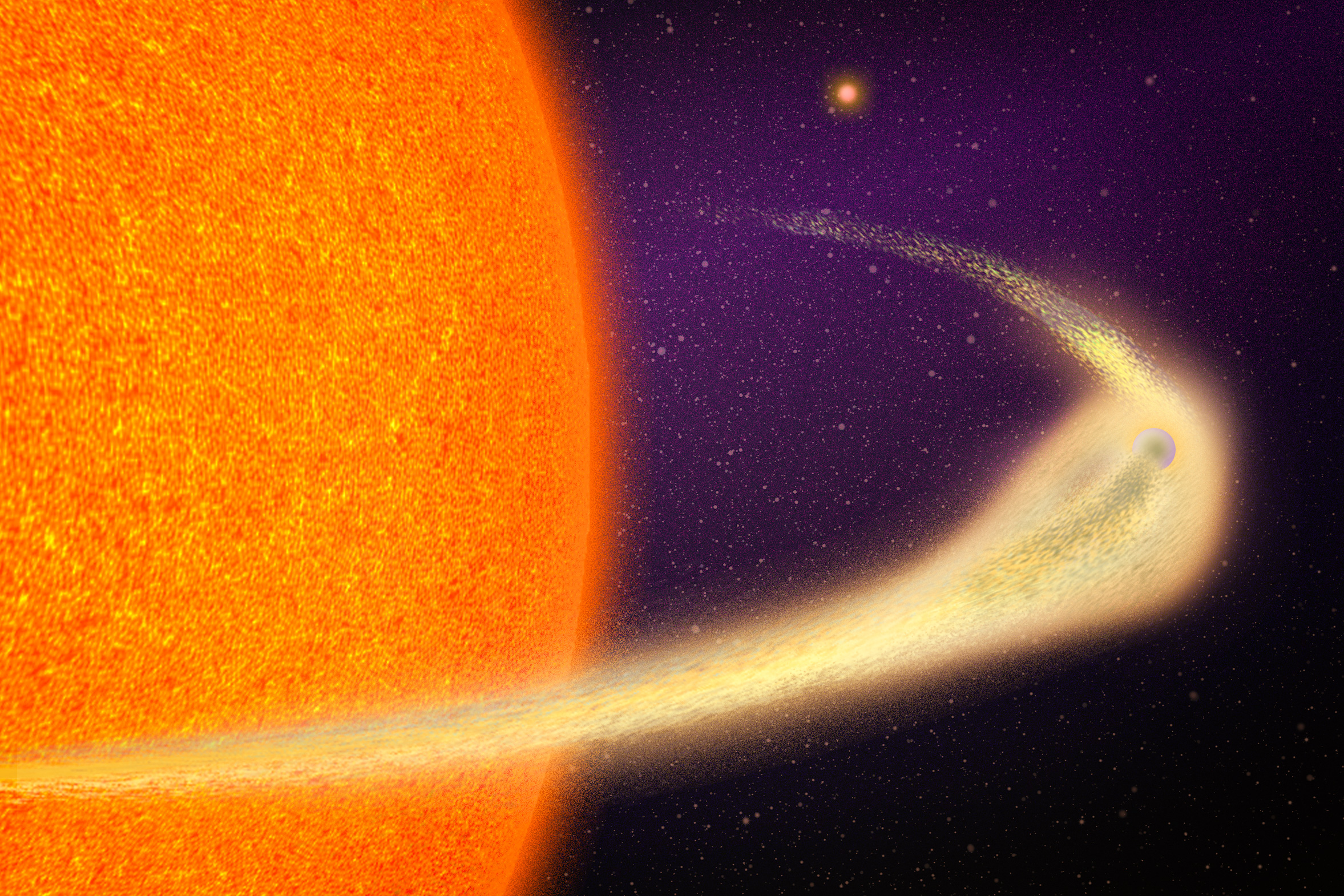Get the latest tech news
One-sixth of the planet's cropland has toxic levels of one or more metals
A review of tens of thousands of soil samples from Earth reveals high concentrations of arsenic, cadmium, and lead in the pedosphere
Using a machine learning system, a field of artificial intelligence, they modeled and estimated the global extent of excessive contamination from seven specific metals: arsenic (technically a metalloid and a known carcinogen), cadmium(linked to various cancers and prone to accumulating in grains and fruits, especially rice), chromium(in its highly toxic hexavalent form, often released by leather tanning and pigment industries), cobalt (essential for lithium batteries, and thus a driver of exploitation and conflict in Central Africa), copper (a natural dietary component that can disrupt endocrine function in excess), nickel (important for plant growth but stunts it when overabundant), and lead (harmful to children’s neurological development and cognitive abilities). The list ends with cobalt, found in high levels in countries such as Zambia and the Democratic Republic of the Congo — pollution closely linked to mining activities — along with copper and lead, the most toxic of all, which can cause harm even in tiny amounts. Anthropogenic activities further exacerbate this problem, “particularly the use of cadmium-containing phosphate fertilizers, wastewater irrigation, industrial emissions from mining, smelting, and e-waste processing, as well as atmospheric deposition from coal combustion,” Hou adds.
Or read this on Hacker News

